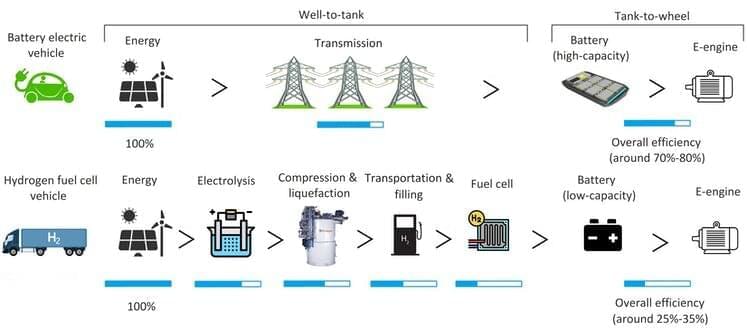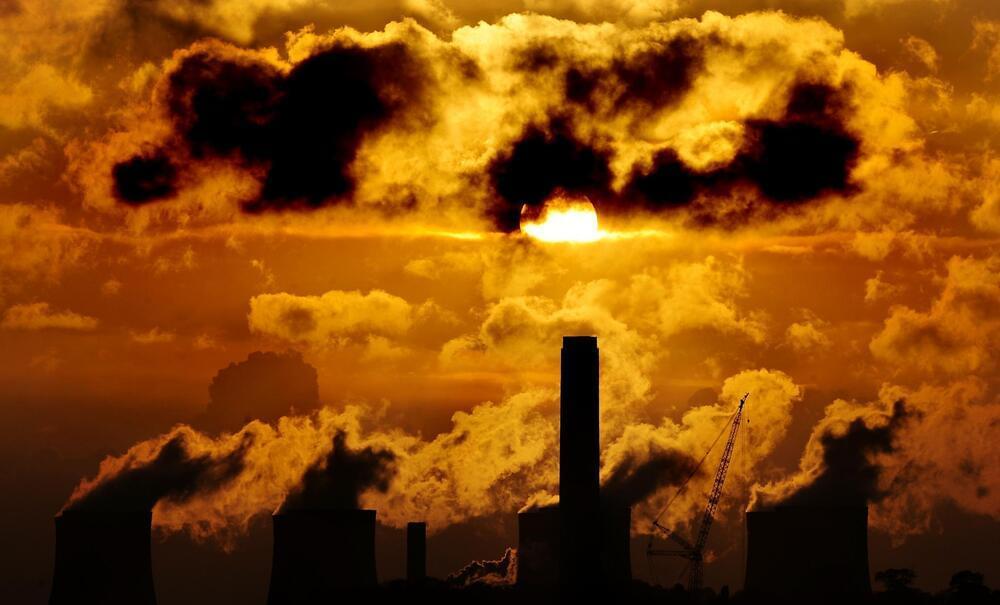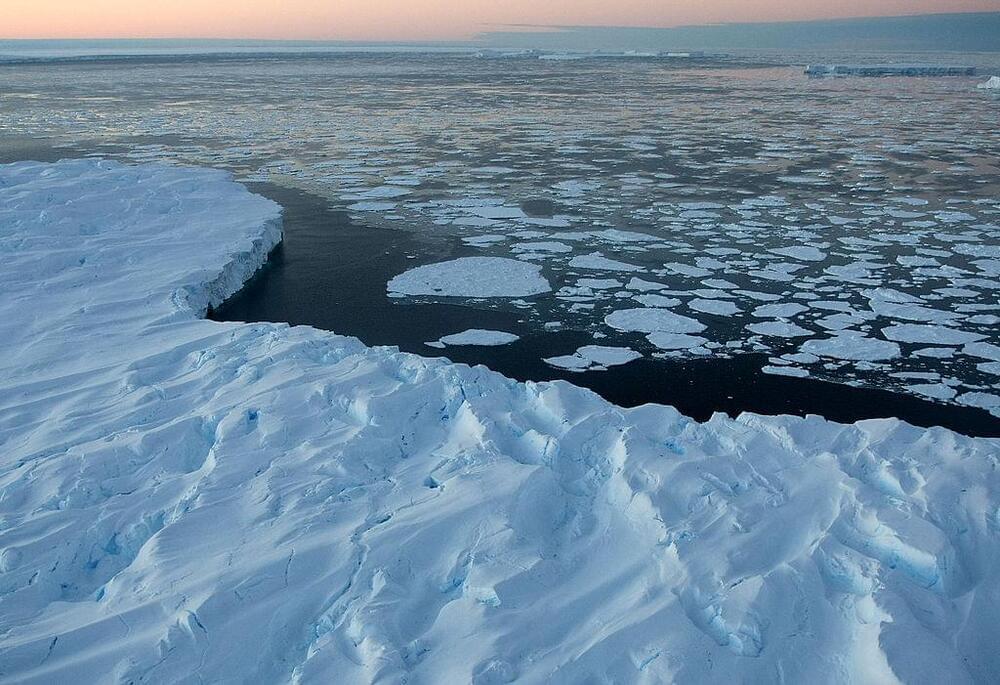The transport sector accounts for 47% of New Zealand’s carbon dioxide emissions. It will be a focus for decarbonisation to meet the country’s new climate pledge to cut emissions by half by 2030.



A “perfect storm” of several crises, such as climate change and the Covid-19 pandemic, mean many nations are “knocking on famine’s door,” Beasley said.
A small group of ultra-wealthy individuals could help solve world hunger with just a fraction of their net worth, says the director of the United Nations’ World Food Programme.
Billionaires need to “step up now, on a one-time basis”, said David Beasley in an interview on CNN’s Connect the World with Becky Anderson that aired Tuesday — citing specifically the world’s two richest men, Jeff Bezos and Elon Musk.
“$6 billion to help 42 million people that are literally going to die if we don’t reach them. It’s not complicated,” he added.

Like weather forecasting, disease forecasting needs to be statistical.
While we cannot predict in advance exactly how many hurricanes will occur this year or how bad they will be, we know with great confidence that climate change is a risk factor increasing the frequency and severity of hurricanes. Our knowledge of this and all the other risk factors for hurricanes allows us to make a statistical prediction for the coming season.
Similarly, we have known for decades that ther… See more.
I’ve written before about the need for infectious disease intelligence and whether or not we can insure against damages from future outbreaks. Both ideas assume that epidemics can, to some extent, be predicted. But can they?
The lack of control and idiosyncrasies of the current Covid-19 pandemic (like multiple “waves” of transmission), might cause some to wonder if predicting epidemics is a lost cause. A comparison of the performance of 27 individual models made by many of the best academic scientists showed high high variability in forecast skill across time, geospatial units, and forecast horizons. Only just more than half of the models evaluated showed better accuracy than simply assuming the number of cases per week will stay the same for the next 4 weeks.


NASA Once Again Chooses SpaceX For New Mission GOES-U: GOES-U will provide advanced imagery and atmospheric measurements of Earth’s weather, oceans, and environment, as well as real–time mapping of total lightning activity and improved monitoring of solar activity and space weather.
These satellites will be used by NOAA to forecast potentially hazardous weather and regularly monitor the weather. The weather of a particular region can be seen through the GOES-R series of satellites.
On the website, it says, “The GOES-R Series provides advanced imagery and atmospheric measurements of Earth’s weather, oceans and environment, real-time mapping of total lightning activity, and improved monitoring of solar activity and space weather.”

“…The authors modified a well-used climate model for exoplanet research and applied it to the planet in Dune. The work was carried out in their spare time and is intended as an appropriate outreach piece to demonstrate how climate scientists use mathematical models to better understand our world and exoplanets…”
Looks like the Kingdom of Jordan to me. 😉
Is Dune scientifically plausible? We ran a climate model to find out.

26 Oct 2021 — Public Chinese government records reviewed by the Good Food Institute (GFI) APAC indicate that significant funds are being allocated to help the nascent alternative protein sector optimize and scale up – as was previously done for the nation’s development of solar panels, lithium-ion batteries and electric vehicles.
While Chinese funding for alternative protein remains a tiny proportion of what the nation is capable of, these moves by various government entities demonstrate the scope of interest among local officials, which could potentially position China at the forefront of the next big food tech boom.
“There is no pathway to achieve the climate goals set out in the Paris Agreement without changing how we produce protein, but encouraging new evidence suggests that Chinese leaders understand the massive benefits of making meat from plants and growing it directly from cells,” stresses the GFI.

Laura Hiscott reviews Quantum Technology | Our Sustainable Future by The Quantum Daily.
How could quantum computing help us to fix climate change? This is the question at the heart of Quantum Technology | Our Sustainable Future, a half-hour-long documentary published on YouTube in July.
Made by “The Quantum Daily”, a resource for news and information on all things quantum, the documentary consists of interviews with people working in a host of organizations in the sector, from Oxford Instruments NanoScience to Google Quantum AI. The main idea is that, since quantum computers have the potential to be much more powerful than classical ones, they could speed up the discovery of solutions, such as molecules that would be very effective at carbon capture.

Higgins and his team members collected an ice sample dated 2.6 million years ago from the Antarctic in the Allan Hills area. He claims it’s the oldest sample of ice with strong trust in the age and air within it. Through examining trace concentrations of argon gas contained within the frost, the sample was dated.
Experts hope to find the deepest ice cores drilled from the continent of Antarctica. They aim to gather samples that are as much as 1.5 million years old.